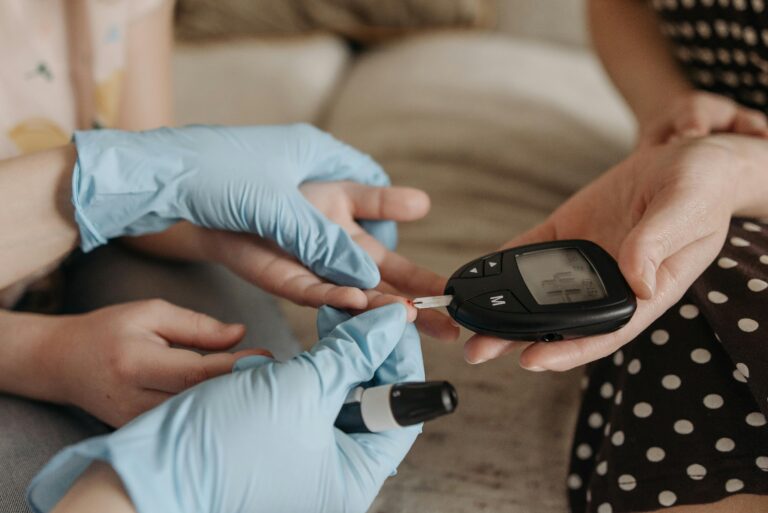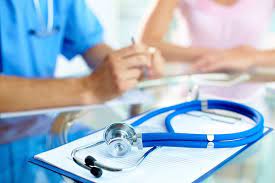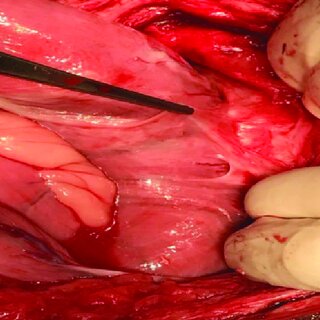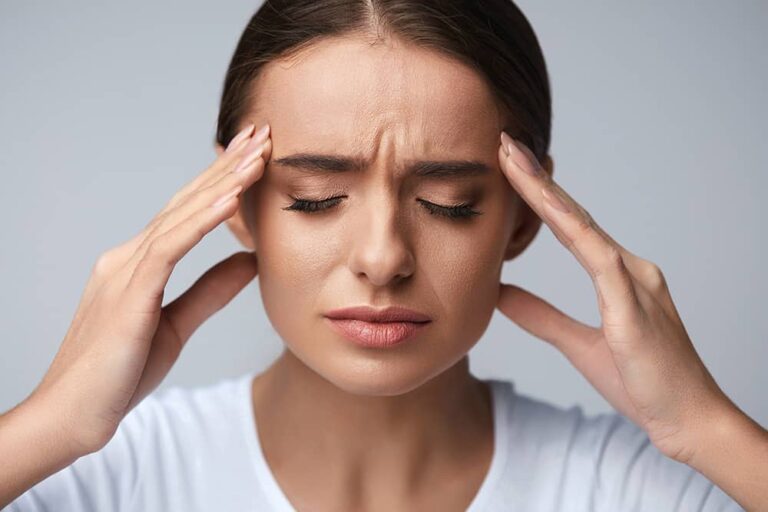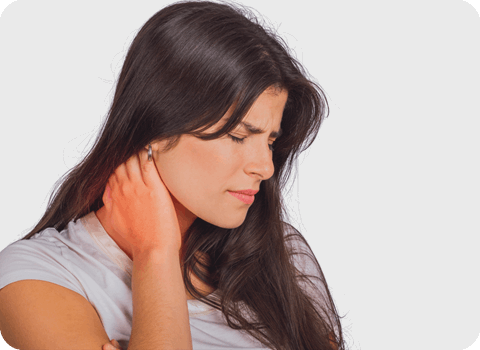When To Talk to Your Doctor About Remote Patient Monitoring
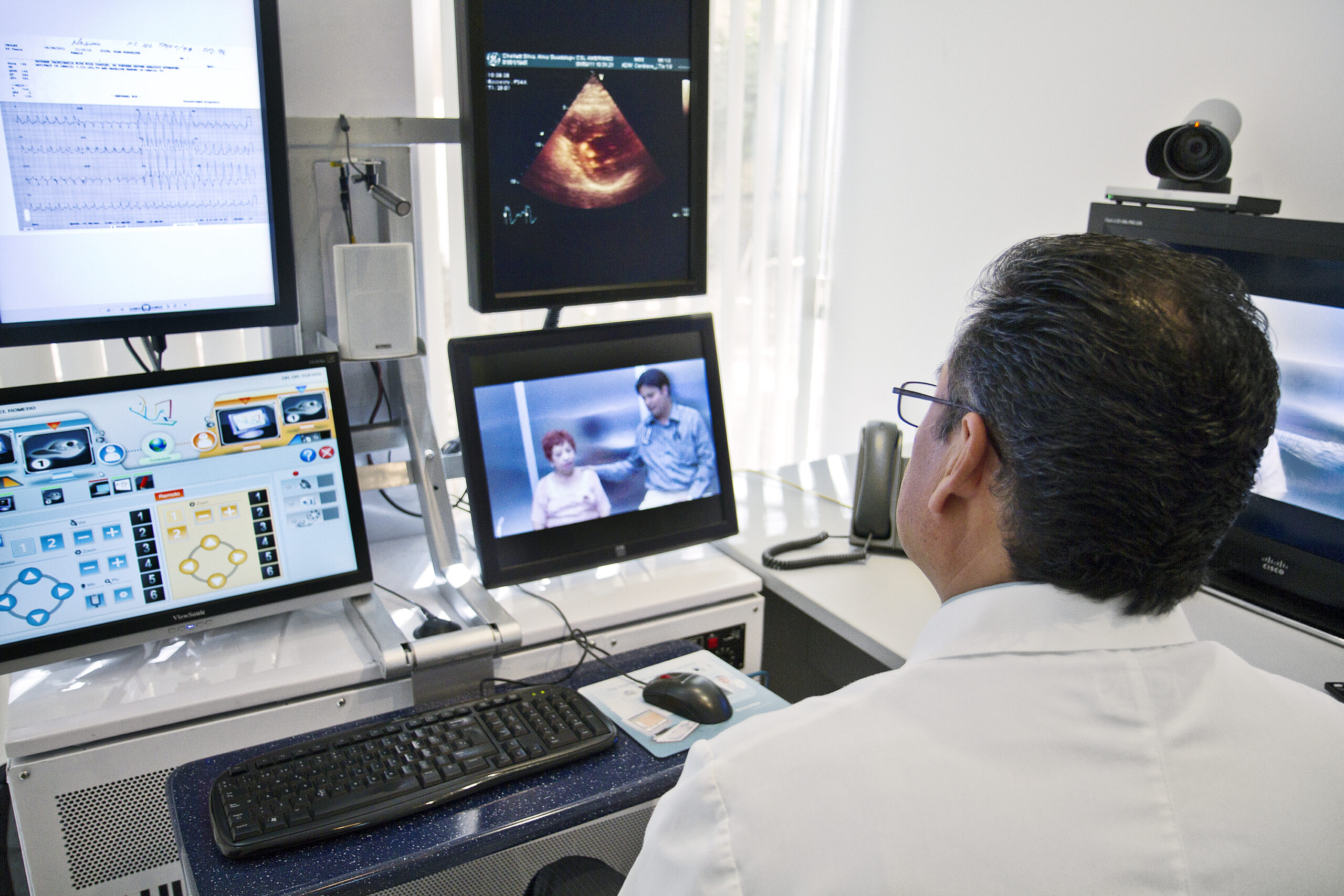
As healthcare technology advances, an increasing number of patients are utilizing remote monitoring tools to manage their chronic conditions. Knowing when to discuss remote patient monitoring with your doctor can make a significant difference in tracking symptoms, improving outcomes, and reducing unnecessary visits. Whether you’re managing blood pressure, diabetes, or recovering from surgery, starting the conversation early makes sure your care remains personalized.
What Is Remote Patient Monitoring?
Remote patient monitoring (RPM) refers to the use of digital health devices that collect and transmit health data to your healthcare provider. These devices connect to the internet and send information automatically without requiring manual input from you. Your doctor or general practitioner receives this data through secure healthcare networks and reviews it on a regular basis.
The process begins when your healthcare provider prescribes specific monitoring devices based on your medical condition. These devices may include blood pressure cuffs, heart rate monitors, pulse oximeters, scales for measuring weight, or blood glucose monitors. Each device measures different aspects of your health and sends the data to your medical team. Your physician then analyzes this information to track your condition, adjust treatments, and identify potential health concerns before they become serious problems.
Who Should Contemplate RPM?
You should contemplate talking to your doctor about RPM if you have a chronic health condition that requires regular monitoring. Patients with hypertension, diabetes, or heart disease often benefit from continuous health tracking. RPM also helps people who have difficulty managing their health conditions or those who experience frequent changes in their symptoms.
People who live far from their healthcare provider’s office may find RPM helpful. This technology reduces the need for frequent office visits while maintaining close communication with your medical team. Patients who want frequent communication with their healthcare provider often benefit from remote monitoring programs. RPM serves patients with various health conditions. The technology enables your healthcare provider to monitor the effectiveness of treatments and make adjustments as needed.
What Are the Benefits of RPM?
RPM offers key advantages for patients and healthcare providers. Here are some of them:
- Enables early detection of health issues before they require emergency treatment or hospitalization.
- Provides your healthcare provider with continuous data about your condition for precise treatment adjustments and improved health outcomes.
- Offers convenience by reducing the need for frequent trips to your doctor’s office. This saves time and transportation costs while maintaining high-quality care.
- Delivers peace of mind by making sure your healthcare provider monitors your condition continuously rather than only during scheduled appointments.
- Improves medication adherence by allowing your healthcare provider to track whether treatments are working effectively.
- Helps identify patterns in health data that may not be apparent during occasional office visits.
- Addresses changes in health data promptly, preventing them from becoming serious medical emergencies.
These benefits highlight how RPM contributes to better health outcomes and improved convenience for patients and providers alike.
Consult a Doctor about RPM Today
RPM provides valuable benefits for patients with chronic conditions or individuals seeking frequent communication with their healthcare provider. The technology offers continuous health tracking, early intervention capabilities, and improved convenience while maintaining high-quality medical care. Schedule a consultation with your doctor to discuss remote patient monitoring options with your medical team.
- What to Expect When Visiting a Foot and Ankle Specialist
- Causes of PTSD
- The Link Between Plantar Fasciitis and Weight Gain: What You Need to Know
- How Pet Ownership Can Positively Impact Life with Fibromyalgia
- The Importance of Stretching and Flexibility in Sports Medicine
Dr. Emma Green is a health and wellness expert with over 10 years of experience in nutrition and fitness. Passionate about helping others live their healthiest lives, Dr. Green shares practical advice on wellness, nutrition, and sustainable living through LivingSpristine.

